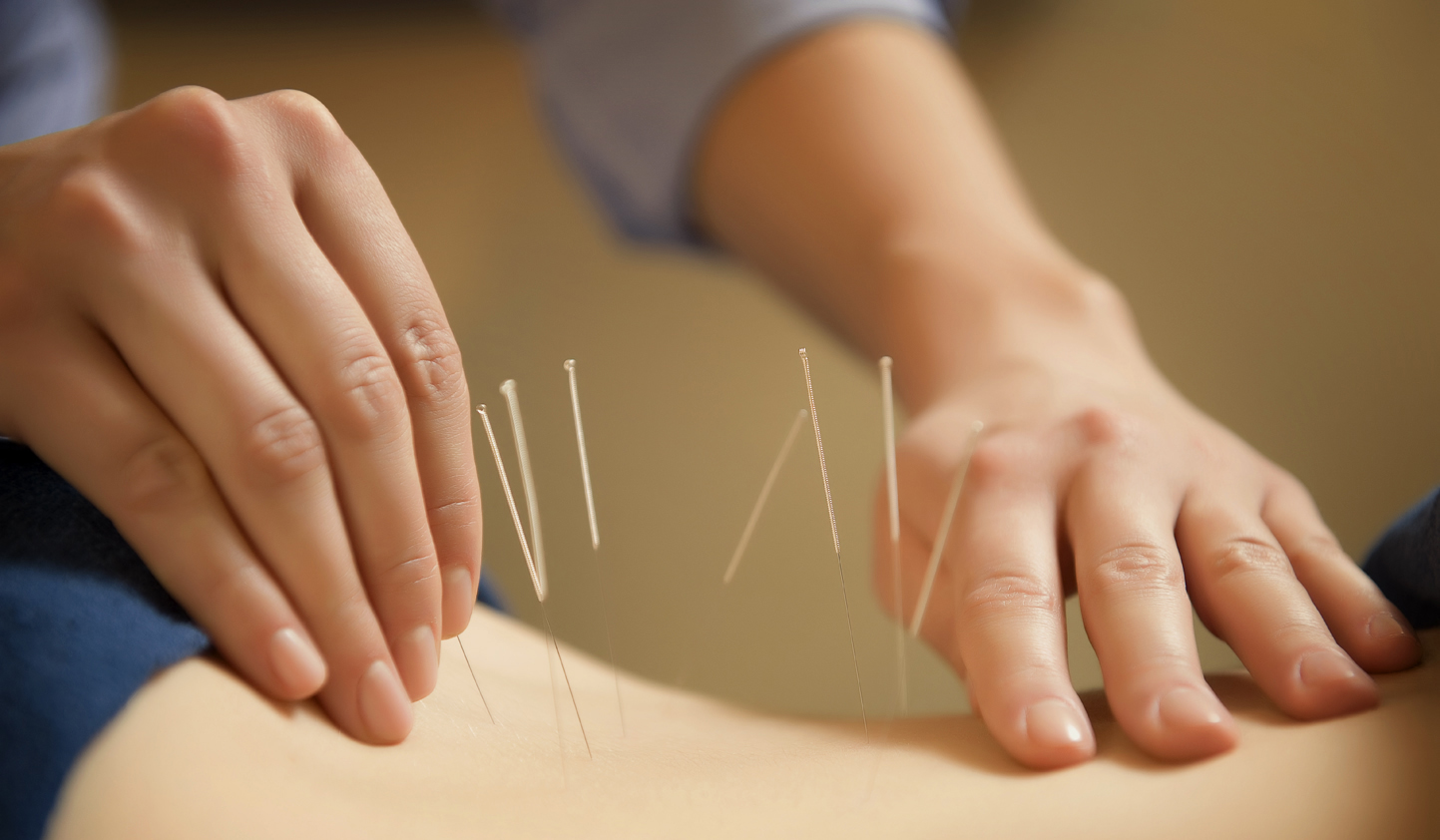
Acupuncture
It may look uncomfortable, but this traditional Chinese practice doesn't hurt when it's done by a licensed pro. He puts thin needles just under the skin at certain points in your body. It may help ease long-term pain in your knees, lower back, and neck. You can also try it for headaches.
Exactly how it does the job isn't clear. Just believing it works may be part of it.
Turmeric
Popular in Indian cooking, this bright yellow spice does a lot more than add flavor. Curcumin, one of its main ingredients, cuts inflammation in your body. Some studies show it may treat pain from arthritis and bursitis.
Turmeric in food is safe, but don't take it in the form of pills if you have diabetes. They may lower your blood sugar to risky levels if you're on meds for that condition.
Music
If you're hurting, you might want to crank up your favorite tunes. Listening to music releases a chemical in your brain that helps control feelings of discomfort. Some people with fibromyalgia, which causes muscle and joint pain, get relief this way. It may also work if you've got arthritis or a nerve disorder.
How long should you listen? One small study showed just 20 minutes a day gave relief to people with arthritis.
Medical Marijuana
It doesn't work like a typical painkiller. Instead of getting rid of your hurt, it tricks your brain into believing that it's not so bad.
Studies show pot may treat some symptoms of multiple sclerosis. It may also help you sleep better if you have long-term pain.
To use medical marijuana, you need to live in a state where it's legal and get your doctor's OK.
Supplements and Herbs
If you want to go "natural," you've got a few choices to ease your pain. One study shows ginger extract may be as good as ibuprofen for arthritis. Willow bark and devil's claw may help your aching back. And fish oil can sometimes ease symptoms from Raynaud's syndrome and lupus.
Check with your doctor before you try anything. Supplements can interfere with other drugs you take or could harm you if you're pregnant or breastfeeding.
Behavioral Therapy
It sounds too good to be true, but just talking about your pain with the right people can help make it improve. Cognitive-behavioral therapy (CBT) teaches you skills that let you feel more in control of what's hurting you. It can help you get relief from back pain, headaches, and arthritis.
Essential Oils
Can use a cream with essential oils put an end to your aches? There's not a lot of research to make a case one way or the other. But what we do know is that certain scents relax you, which can put some distance between you and your pain. Lavender oil may help your headache. Black pepper, clary sage, and marjoram may soothe sore muscles.
Hypnotherapy
There was a time when people thought of hypnosis as a carnival sideshow. Not anymore. Now it's used to help relieve pain from things like irritable bowel syndrome, headaches, arthritis, fibromyalgia, cancer, and sickle cell disease.
A trained hypnotherapist guides you through relaxation exercises and uses the power of suggestion to change how you think of pain. Many people see an improvement in four to 10 sessions.
Massage
Anyone who's had a back rub knows the healing power of touch. A therapist's hands can often help ease arthritis and fibromyalgia.
Here's how it works. When your soft tissue gets moved around during a massage, electrical and chemical signals are sent throughout your body. These reduce pain, boost your blood's circulation, rev up your defense system against germs, and cut down feelings of stress.
Yoga
This ancient Indian practice combines breathing exercises, meditation, and moving your body into different poses. It may help ease pain in your lower back and knees, and manage migraines, too.
There's another reason to get on the mat. Over time, long-term pain can lead to memory and emotional problems. There's some evidence yoga can reverse that.
Chiropractic Manipulation
A "hands-on" adjustment can be a great way to treat tender muscles and joints. Over time, changes in your injured tissue can lead to inflammation and make movement more difficult. By manipulating your spine or other muscles, a chiropractor can often reduce the soreness you feel.
Chiropractic care can relieve lower back pain as well as some prescription drugs. It also may help treat neck pain and carpal tunnel syndrome.
Guided Imagery
It's a way to use your imagination as an ally in the fight against pain. Focus your mind on calm, peaceful images to get a "mental escape" from what's hurting you. It puts your body into a deeply relaxed state that promotes healing.
You can't do this on your own. You'll need a professional to show you how, but it's simple enough that kids can learn it. Guided imagery may help relieve tension headaches and pain from cancer and fibromyalgia.
Homeopathy
The idea behind it is simple: A little bit of what's making you sick may also cure you. Remedies, which you can buy at stores or from a trained homeopath, include diluted amounts of herbs and other plants, minerals, and animal products.
While some studies show homeopathy may ease pain from fibromyalgia and chronic fatigue syndrome, there isn't enough strong research yet to know for sure.
Precision Pain Care and Rehabilitation has two convenient locations in the Richmond Hill – Queens and New Hyde Park – Long Island. Call the Richmond Hill office at (718) 215-1888, or (516) 419-4480 for Long Island office, to arrange an appointment with our Interventional Pain Management Specialist, Dr. Jeffrey Chacko.













